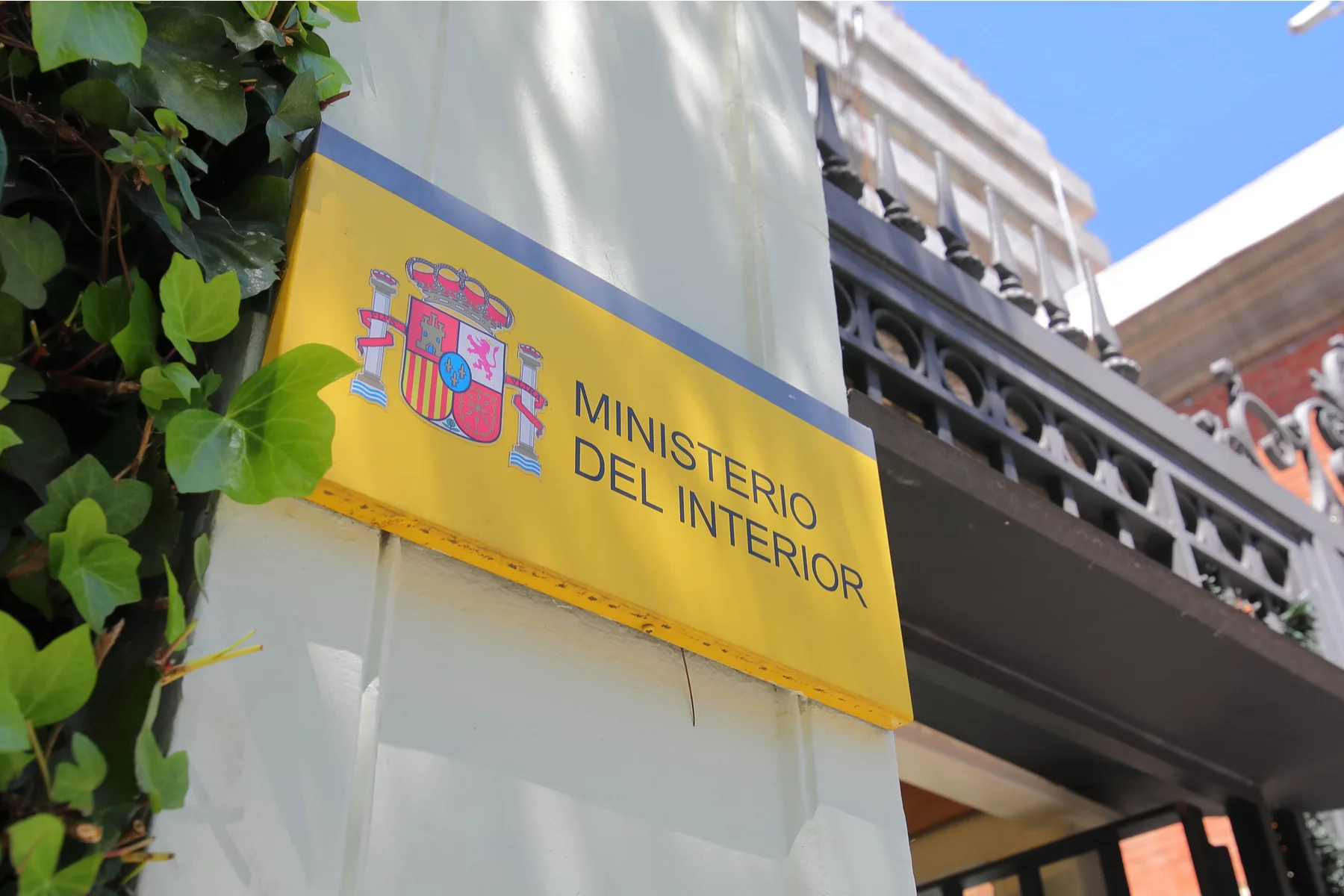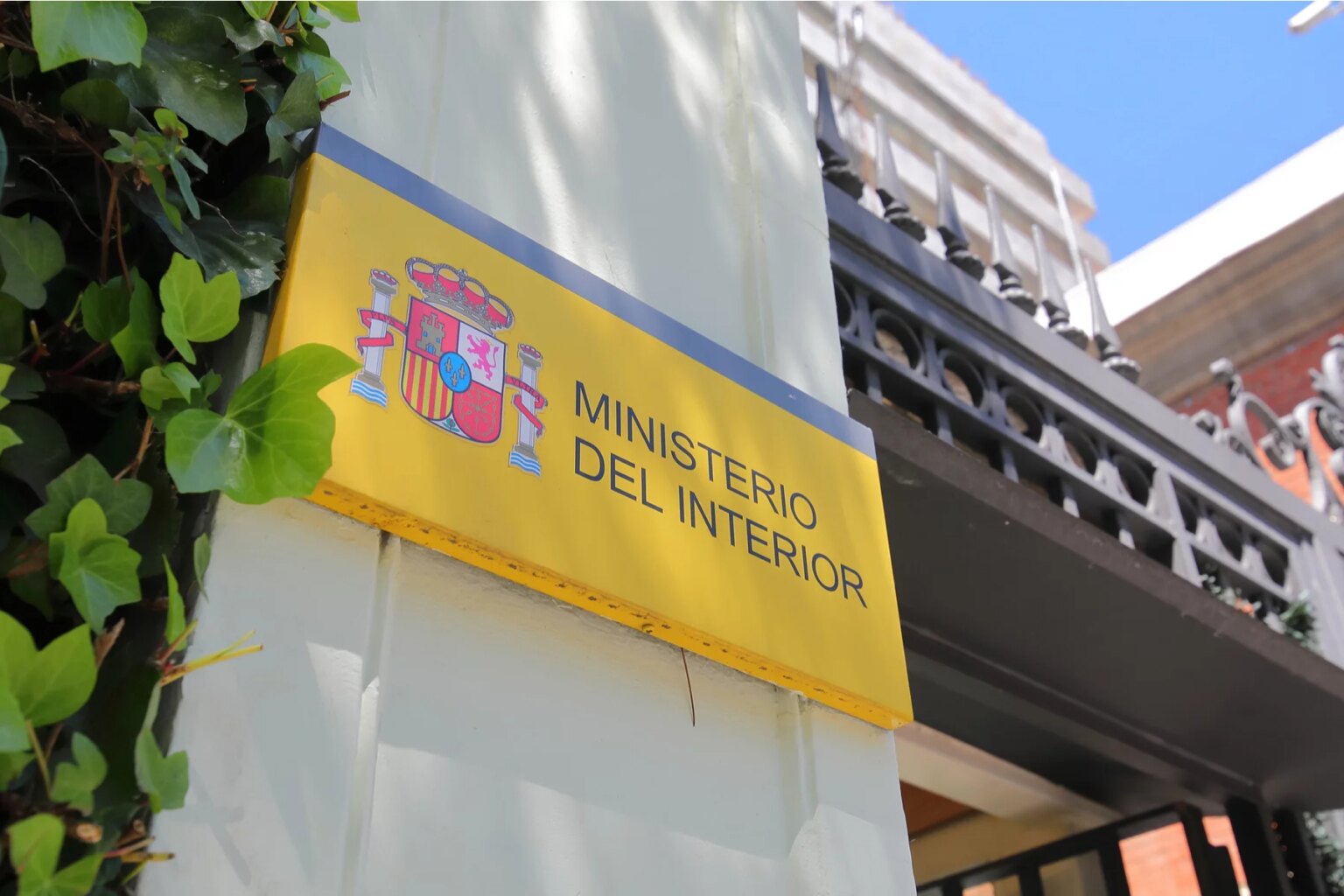After putting down roots in a new country, you might consider making it more official and applying for permanent residence. And, if you happen to live in Spain, this may be very tempting.
While there are various visas available for Spain, permanent residence comes with a host of benefits.
Here’s what you need to know:
- Permanent residence in Spain
- The difference between citizenship and permanent residence in Spain
- Requirements for permanent residence in Spain
- How to apply for a permanent residence permit in Spain
- Permanent residence costs in Spain
- Renewing your permanent residence
- Permanent residence in Spain for family members
- Losing your permanent residence rights in Spain
- What to do if your application for permanent residence is rejected
- Useful resources
Entre Trámites
Let Entre Trámites help you set up in Spain. They assist with accounting, labor, tax, and immigration matters. With a personalized account manager who’s always available, your immigration and business concerns will always be supported. Get in touch with Entre Trámites and make moving abroad simple.
Permanent residence in Spain
Gaining permanent residence in Spain means you can legally live and work in the country for five years. And, during this time, your status will be more or less equal to that of a Spanish citizen.
Although there are different pathways to becoming a Spanish permanent resident, you will generally have to spend several years in the country on a different visa, first. And, of course, the journey to permanent residency in Spain is different for EU and non-EU nationals.
Generally speaking, Spain’s Ministry of Interior oversees immigration services in the country. However, while applying for permanent residency in Spain, you are more likely to deal with your local police station. This is because, in Spain, the police are the main point of contact and application point for permanent residency. They then forward applications to the Ministry of Interior to handle.
The difference between citizenship and permanent residence in Spain
Permanent residence in Spain grants almost equal status and rights as citizenship. There are, however, a couple of differences. For example, only citizens may vote in national elections, hold certain public sector jobs, and access social services.
To acquire permanent residency, you need to live in Spain for five years. To receive citizenship, however, you must live in the country for 10 years. There are a few exceptions:
- Citizens of Ibero-American countries, Andorra, the Philippines, Equatorial Guinea, and Portugal and Sephardic Jews may apply for citizenship after two years of legal residence.
- Refugees can apply for citizenship after living in Spain legally for five years.
- There are also shorter residency requirements for those born in Spain or married to a Spanish citizen.
Furthermore, if you choose to take up Spanish citizenship, then you will likely have to renounce any other citizenship you hold. That said, there are some exceptions to this rule. And finally, Spanish citizenship allows you to vote in elections and access all local social services, which permanent residency does not.
Requirements for permanent residence in Spain
Although Spain makes it quite easy to obtain permanent residency, there are still a few hoops to jump through. The most important requirement, though, is that non-EU nationals must have legally lived in Spain with a Tarjeta de Identitad Extranjero (TIE) for five years.
You must carefully calculate the five years in Spain you need for permanent residence. Generally, a non-EU citizen will have to spend these years in Spain on a different type of visa, such as a work visa. Just bear in mind that because these are often issued for periods of one or two years, you might need to renew your visa several times in order to reach the required five years.

That said, depending on the type of visa or residency permit that you have, the rules may be slightly different. For example:
- EU citizens can apply for a Certificate of Permanent Residence (Certificado de Residencia Permanente) after living in Spain for five years continuously.
- If you have an EU Blue Card from another EU member state, you may qualify for Spanish permanent residency after two years, but only if you have spent at least three years as a Blue Card holder in another EU country.
- When transitioning from a student visa to a residence permit, the time you have lived in Spain counts for half. Therefore, if you study in Spain for four years, for example, you will still need three more years with a residence permit to qualify for permanent residence.
To ensure that you have the correct number of years to apply for a permanent residence permit, you can obtain a certificado de residencia from the Spanish police. This official document will state exactly how many years you have been living in Spain and will help you figure out how much more time you need before you can apply for permanent status.
If you need an NIE (Número de Identificación Extranjero – identification number for foreigners), services such as NIE Express can assist you in obtaining one. Bear in mind that this is an identification number, not a residence permit like the TIE.
How to apply for a permanent residence permit in Spain
Once you have the required number of years for living in Spain, applying for a permanent residence permit is quite easy. You will simply need to take the application form and necessary documents to the relevant immigration office (Oficina de Extranjería) in Spain. You can apply for permanent residency 90 days before or after the expiration date of your visa or permit, but it’s a good idea to be prepared.

As well as the application form (the EX-17 form), you will need to present a number of documents when applying for Spanish permanent residency. These include the following:
- Your current passport and residency permit
- Proof of at least five years’ continuous residence in Spain (such as empadronamiento history, work contracts, tax returns, social security contributions, etc.)
In certain cases, you may also need to show criminal record certificates from Spain or your home country, or marriage or divorce certificates.
If your application is approved, you will receive an official notification. After this, you can go to the local police station to submit your fingerprints and complete the application process. Then, within a month, you will go back to pick up your permanent resident card.
Should you require assistance when applying for permanent residence in Spain, there are plenty of services that specialize in helping expats with these issues. For example, Entre Trámites can support you through the process and other immigration matters.
Permanent residence costs in Spain
Unlike most other countries, it is not expensive to apply for permanent residency in Spain. That said, there may be some small fees (less than €20) to get some of the documents you need. And, you might have to pay for translations if some of your documents are not in Spanish. The application itself, however, depends on your situation and nationality.
Renewing your permanent residence
Once you become a permanent resident of Spain, your residency card is valid for five years. After this period, you can easily renew your card for another five years. You simply need to fill out another EX-17 form, show proof of your address, and present your original residency card and passport. You will then resubmit your fingerprints and pay the renewal fee.

Immigration Lawyer
Katherine Rodriguez
Insider Tip: Renewing your residency?
Don’t wait until the last minute to submit the paperwork.
A friend of mine almost lost her residency because she didn’t know renewals can take longer than expected. In Spain, you can renew up to 60 days before your residency expires and even 90 days after, but waiting too long can cause unnecessary stress – or fines. Start early!
Importantly, renewing your permanent resident status in Spain does not require you to have lived in the country continously for the last five years. However, to qualify for renewal, you should not have spent more than 12 consecutive months outside the EU or 30 months total outside Spain in the last five years.
Permanent residence in Spain for family members
As a non-EU citizen moving to Spain, you will be able to bring your family into the country under the family reunification visa. As such, you will be able to bring your parents, spouse, or children to Spain. However, you will have to move to Spain first under the appropriate visa and wait a year before you can apply for a family reunification visa for your family.

As such, it is likely that you will rack up five years in Spain and become eligible for permanent residency before your family does. Because of this, your family members will have to apply for permanent residency separately.
Of course, the situation is different for citizens of other EU states. All EU citizens can legally live and work in Spain without a visa, so if your spouse is from the EU, they can come to Spain with you and take up permanent residency after two years. However, EU nationals with family members from a third country can usually bring them to Spain. They would then need to authorize their residency and be eligible for permanent residency after five years.
Losing your permanent residence rights in Spain
Getting permanent residency in Spain is one thing, but keeping it is another. Generally speaking, after becoming a permanent resident, you should not leave Spain for more than one year at a time. Additionally, you should not be away from Spain for more than 30 months in total over the five-year period. If you do spend more than the acceptable time away from Spain, then you might lose your permanent resident status. It is possible to regain your residency status, but you may have to jump through a few hoops.
What to do if your application for permanent residence is rejected
Unfortunately, some applications for permanent residency in Spain are refused. If this happens, you will be informed of the reasons for refusal and may have the right to appeal.
First, file an administrative appeal (Recurso de Reposición o Recurso de Alzada) with the same authority that denied your application. If this appeal is unsuccessful, you may take the case to a contentious-administrative court within two months of receiving the refusal.
Useful resources
- Gobierno de España – the Ministry of Interior website that provides information about visas and permits in Spain
- European Commission – provides information about permanent residence for EU nationals
- Cuerpo Nacional de Policía – the electronic portal for the Spanish National Police









